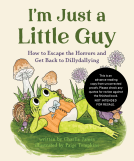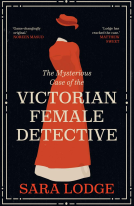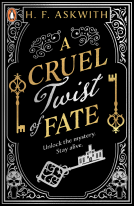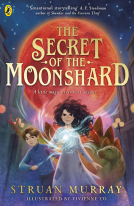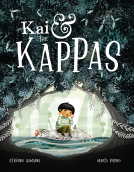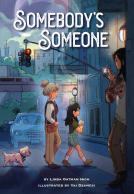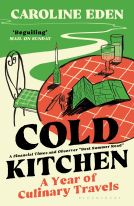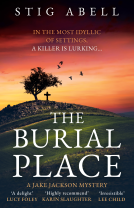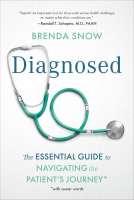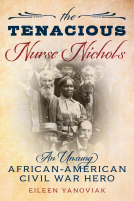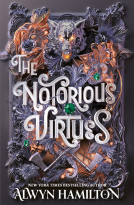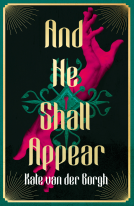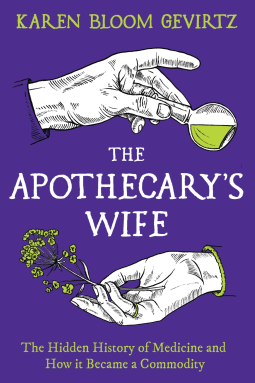
The Apothecary's Wife
The Hidden History of Medicine and How it Became a Commodity
by Karen Bloom Gevirtz
This title was previously available on NetGalley and is now archived.
Send NetGalley books directly to your Kindle or Kindle app
1
To read on a Kindle or Kindle app, please add kindle@netgalley.com as an approved email address to receive files in your Amazon account. Click here for step-by-step instructions.
2
Also find your Kindle email address within your Amazon account, and enter it here.
Pub Date 7 Nov 2024 | Archive Date 7 Nov 2024
Head of Zeus | Apollo Non-Fiction
Talking about this book? Use #TheApothecarysWife #NetGalley. More hashtag tips!
Description
The unknown legacy of the Scientific Revolution, and how it affected our medical care for the worse.
The running joke in Europe for centuries was that anyone in a hurry to die should call the doctor. As far back as ancient Greece, physicians were notorious for administering painful and often fatal treatments – and charging for the privilege. For the most effective treatment, the ill and injured went to the women in their lives. This system lasted hundreds of years. It was gone in less than a century.
Contrary to the familiar story, medication did not improve during the Scientific Revolution. Yet somehow, between 1650 and 1740, the domestic female and the physician switched places in the cultural consciousness: she became the ineffective, potentially dangerous quack, he the knowledgeable, trustworthy expert. The professionals normalized the idea of paying them for what people already got at home without charge, laying the foundation for Big Pharma and today’s global for-profit medication system.
A revelatory history of medicine, The Apothecary’s Wife challenges the myths of the triumph of science and instead uncovers the fascinating truth. Drawing on a vast body of archival material, Karen Bloom Gevirtz depicts the extraordinary cast of characters who brought about this transformation. She also explores domestic medicine’s values in responses to modern health crises, such as the eradication of smallpox, and what benefits we can learn from these events.
Available Editions
| EDITION | Hardcover |
| ISBN | 9781803286990 |
| PRICE | £25.00 (GBP) |
| PAGES | 352 |
Available on NetGalley
Featured Reviews
 Reviewer 1487897
Reviewer 1487897
A must-read for anyone remotely interested in the interplay of woman, healing, and the history medicine.
Before modern medicine, what existed? The answer was ‘recipes’ handed down from mother to daughter. These recipes the result of trial and error, where a remedy that worked was worth recording. Intriguing, many of these herbal or herbaceous remedies had their roots (excuse the pun) in efficacy. For example, willow bark was administered for pain relief; and willow bark contains acetyl salicylic acid – better known as aspirin.
Ms Gevirtz reveals a fascinating world where, pre Scientific Revolution, these recipes were considered public property. Women gladly helped neighbours and the wider community, and shared their recipes to do this. This is contrasted later in the book with the discovery and patenting of insulin – available only to those that can afford it.
Ms Gervirtz charts how healing undertaken by women for free, was usurped by men who took medicines out of the kitchen and into the laboratory. As a result of the Scientific Revolution, by the mid 1770s the kitchen garden belonged to women, whilst the physic garden was a male preserve. As men began to realise they could make money from medicine, what had been free now cost money. Medicine had become a commodity. And to protect that commodity men further disenfranchised the female healers by the use of technical language and prescriptions written in cyphers.
But please don’t misunderstand. This is not a feminist or man-hating book. It is an account of a fascinating period in history when there was a seed change from free, community healing, to medicine for those that could pay.
I have no hesitation in highly recommending this readable book, perhaps best summed up in the words of William Harvey “What was once a science is now a trade.”
ARC received in exchange for an honest, unbiased review
